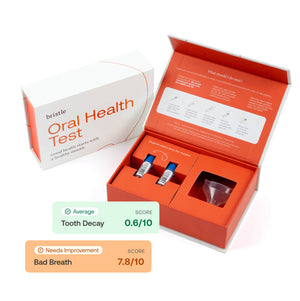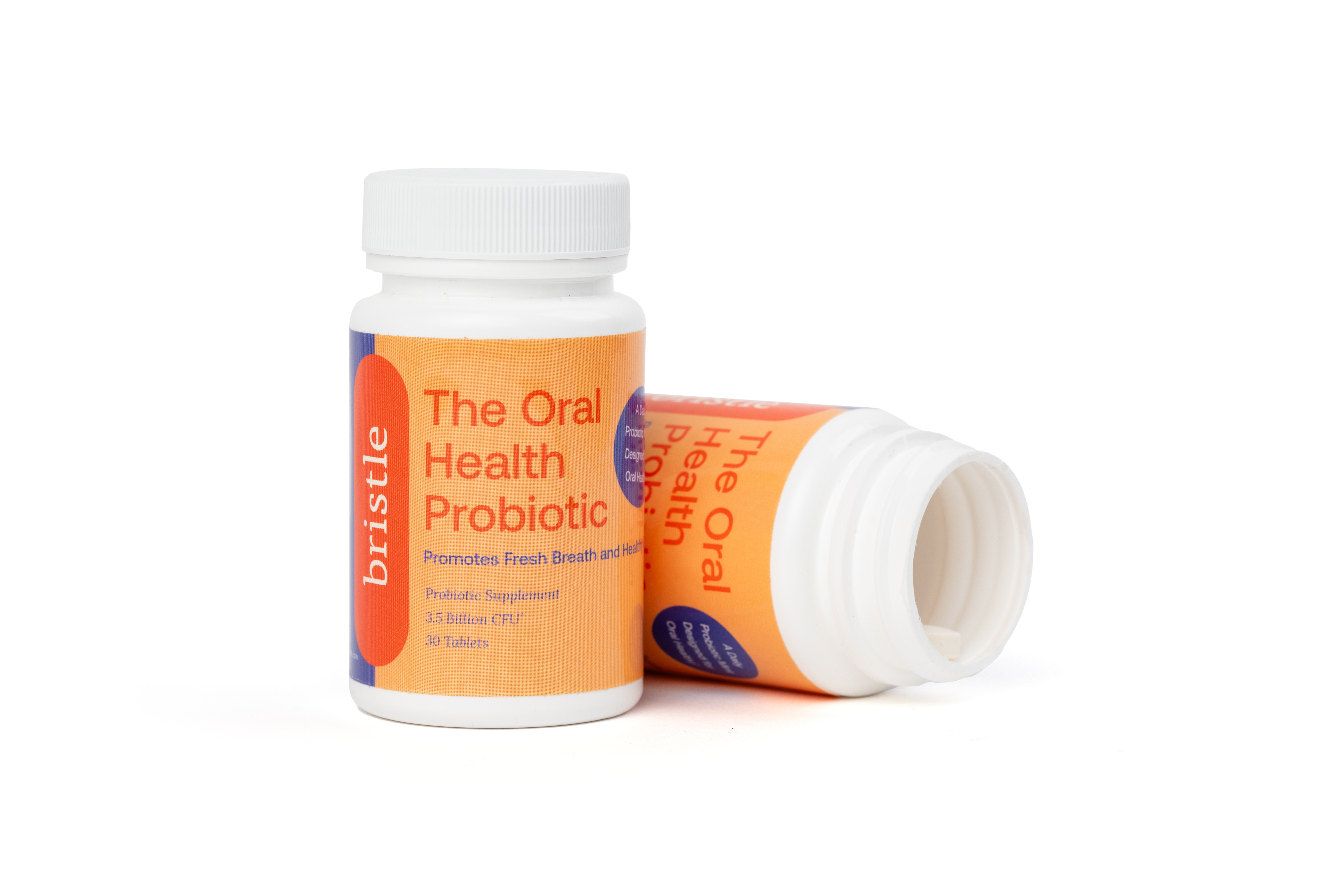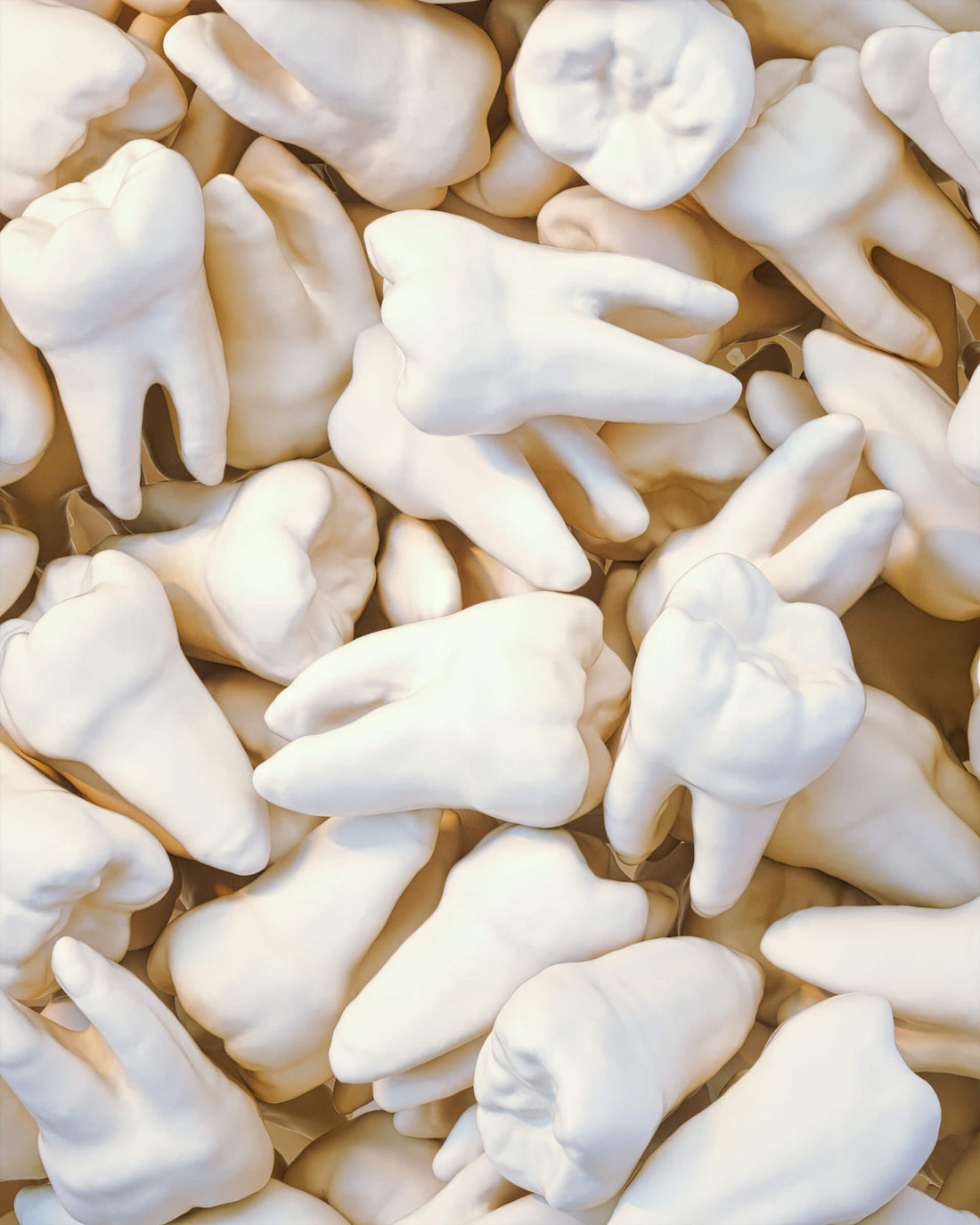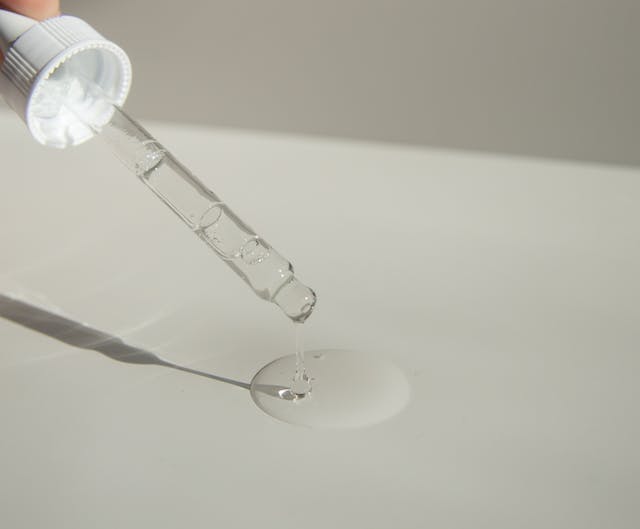It's no secret that poor oral hygiene can lead to major dental problems. And since dental habits are built throughout a lifetime, they will have cumulative effects on oral health, which means that dental problems are more common among the older population. According to the Centers for Disease Control and Prevention, 68% of adults aged 65 and older suffer from some type of gum disease. Additionally, 20% have untreated tooth decay, while another 20% have lost all their teeth.
Fortunately, older adults can decrease their risk of dental problems by fully understanding their causes and taking a proactive approach to prevention. To help you start your research, below are some common dental problems you may be facing.
Gum Disease
The National Institute of Dental and Craniofacial Research explains that gum disease occurs when certain bacteria build up and produce a sticky film, called plaque, clings to the teeth. When not cleaned by proper brushing and flossing, plaque hardens into tartar, making it difficult to remove and making the gums susceptible to bacterial infection. As a result, when a person has gum disease, their gums tend to bleed, swell, or recede.
Certain health conditions, like diabetes, AIDS, and taking oral medication that decreases saliva, and habits, namely smoking, also increase the risk of gum disease.
Cavities
In our post entitled Are Some People More Prone to Cavities?, we define cavities as "decayed tooth enamel." Just like gum disease, cavities are caused by bacteria living on the teeth. Certain bacteria, called acidogenic bacteria, eat sugars from our diet and release harmful acid waste that decays tooth enamel. Since these species feed on sugar, a high-sugar diet can create an environment that allows bacteria to thrive. Other items in your diet might also exacerbate the problem, as acidic foods and beverages might also tear at the enamel of your teeth.
Tooth Loss
If oral disease continues untreated, it can eventually lead to tooth loss. In severe gum disease (periodontitis), the bacterial infection in the gums can lead to the destruction of gum tissue, leaving teeth with no support and causing tooth loss. Teeth may also need to be removed when deep decay irritates the tooth’s nerve or pulp. Another cause of tooth loss is grinding, as excessive clenching and grinding can wear down the teeth.
Tips for prevention
When it comes to dental problems, the primary culprit is bacteria, which means that you need to fight off infection through thorough and regular cleaning habits, such as brushing and flossing. It helps to change habits that worsen dental problems, as well. Quit smoking to reduce the risk of gum disease, and remove sugar and acidic foods and beverages from your diet to reduce damage to your teeth’s enamel.
It’s also essential to see a dentist regularly for professional cleaning and advice catered to your health situation. If you find out-of-pocket costs too expensive, you can check whether your health insurance plan includes dental care. KelseyCare Advantage outlines how Medicare Advantage plans, in particular, cover preventive dental visits. This includes an oral exam, cleaning, and an annual dental x-ray.
Some non-profit organizations might even offer supplemental insurance specifically for dental care. Members of the American Association of Retired Persons, for example, can sign up for the organization’s Dental Insurance Plan. Coverage can be for individuals or families and includes the most common dental procedures.
You may also consider an at-home oral health test, which tests your saliva to detect the levels of disease-causing bacteria before they cause damage.
Dental problems might be challenging to manage, but they’re also easy to prevent. When you build good dental habits, you can keep your smile healthy, even as you age. For more information, check out the rest of our blog at Bristle Health.






